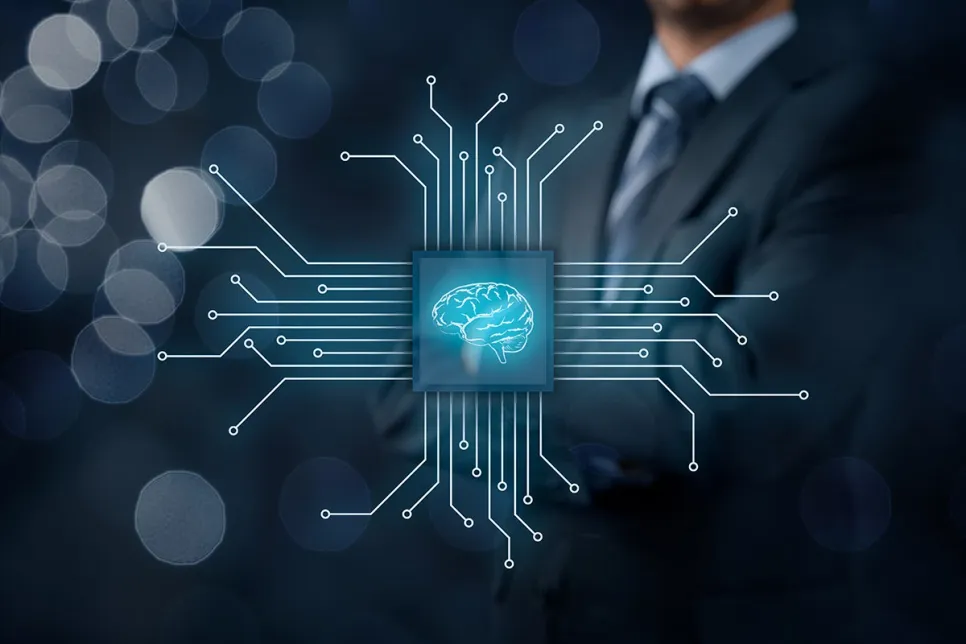Geopolitics to Increase Reliance on Local Cloud Providers in Western Europe
61% of Western European CIOs and IT leaders said geopolitical factors will increase their reliance on local or regional cloud providers, according to a survey from Gartner.

The palpable excitement and potential opportunity around ChatGPT, Stable Diffusion, and other Generative AI sensations are real, but Generative AI doesn’t solve any of the market challenges which face any type of AI. In a new report, Omdia suggests that Generative AI is not magic.
“Generative AI initiatives do not solve the fundamental challenges AI faces - bias, privacy, responsibility, consistency, and explainability,“ said Mark Beccue, Principal Analyst at Omdia. “In fact, Generative AI largely compounds these issues.“
For example, Large Language Models (LLMs) which are the source of most Generative AI outputs are trained on public data that may include toxic language or biased content for race, gender, sexual orientation, ability, language, culture, and more, which means the outputs themselves can be biased or inappropriate.
Another example is, Generative AI outputs aren’t easily explained - as with most deep learning AI, the results are not easily traceable to sources. While explainability is a challenge across AI, it’s even more of an issue for generative AI outputs which are supposedly by definition, “created“ as something new.
2023 will be a very early market stage for Generative AI. Omdia predicts this year there will be an explosion of creative innovation around how Generative AI might be used, as well as a great deal of confusion about what Generative AI is and what it does. Omdia notes other market trends shaping the trajectory for Generative AI, including the race to build and monetize LLMs and the key role cloud compute providers play.